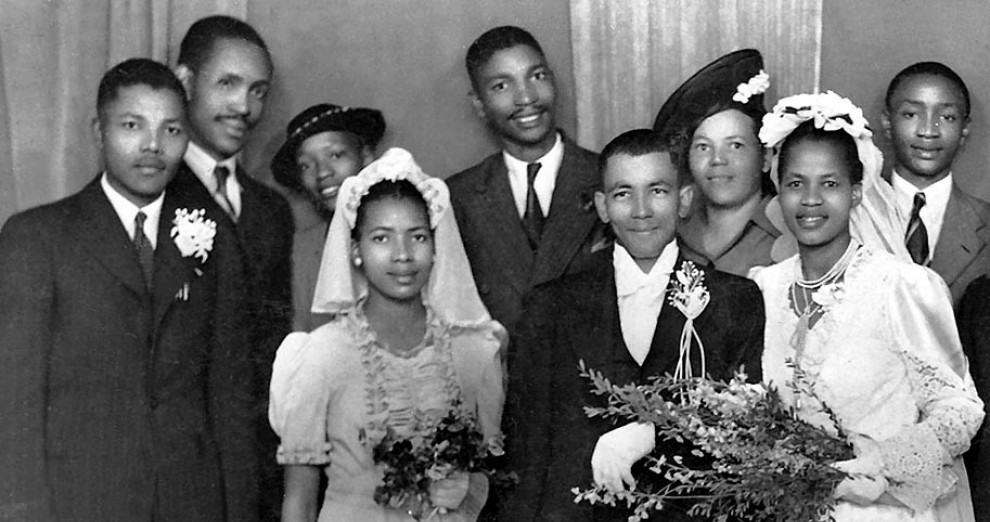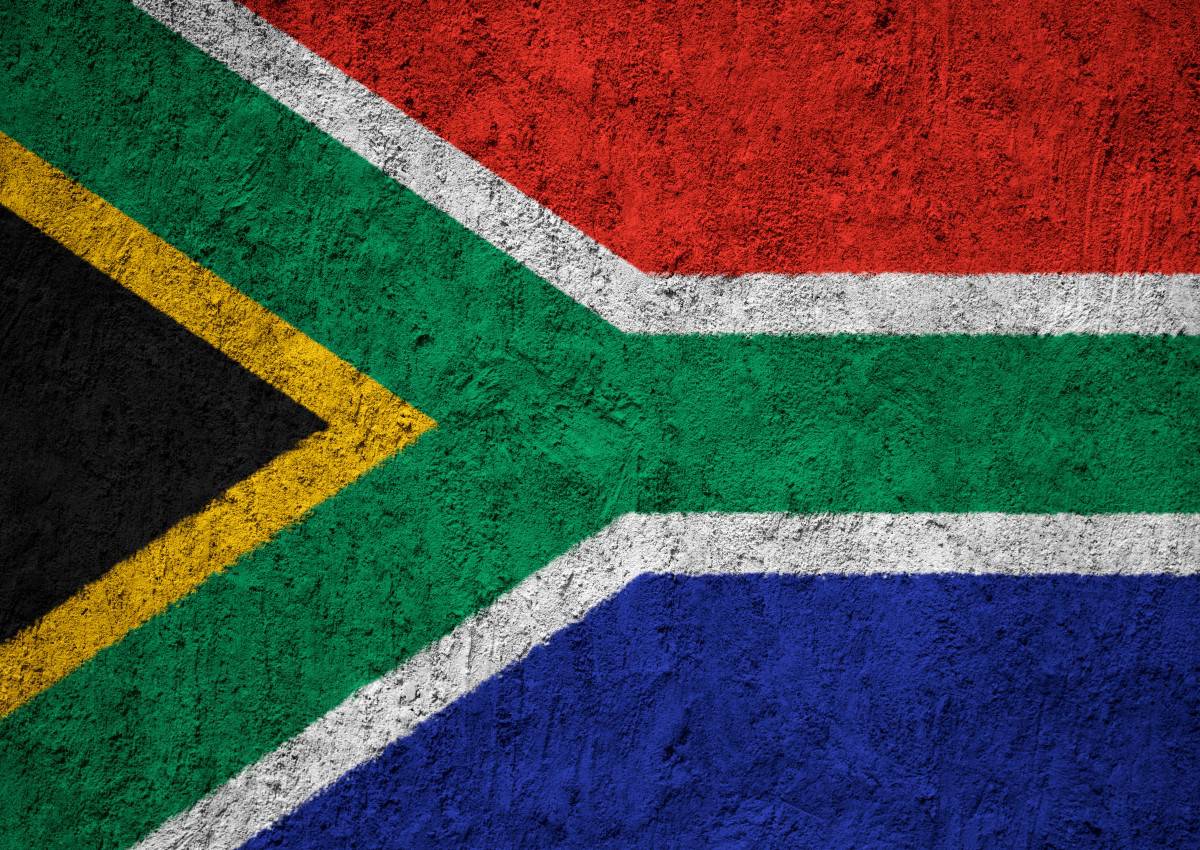On 27 April, 28 years ago, South Africa held its very first post-apartheid national elections. This day marked the first time in history that anyone in the country could vote, regardless of race, bringing an end to over three hundred years of colonialism and segregation. Since named Freedom Day and celebrated every year on 27 April, it gives us as South Africans an opportunity to renew our loyalty to our country and pledge to fight for its future.
The 1994 elections
Conducted under the direction of the Independent Electoral Commission (IEC), the 1994 elections took place over a four-day voting period, during which just over 19.7 million voted. That made up over 85% of South Africa’s 22, 7 million eligible voters.
The African National Congress (ANC) won the election with 62.65 % of the vote. According to the legislation of the time, all parties winning more than 20 seats in National Assembly were to be given representation in the new cabinet. So the ANC formed a Government of National Unity made up of the ANC, the Inkatha Freedom Party, and the National Party.
The new National Assembly’s first act was to elect Nelson Mandela as President.
Heros of Equality
“Our history abounds with selfless patriots who paved the way for a democratic and free South Africa.”
The South African Government
On Freedom Day we not only commemorate the victory of achieving freedom and equal rights for all but also acknowledge the many great heroes that fought for it. Here are but some of the many patriots.
Charlotte Maxeke
Charlotte Maxeke (1871 – 1939) was known as the “Mother of Black Freedom” in South Africa. She fought for freedom in all elements of life. From protesting against low wages for workers to fighting for women’s rights. She left behind a legacy of writings about socials issues, especially of those facing black women.
“Do away with fearful jealousy, kill that spirit and love one another as brothers and sisters. Stand by your motto: Do unto others as ye would that they should unto you.”
Charlotte Maxeke
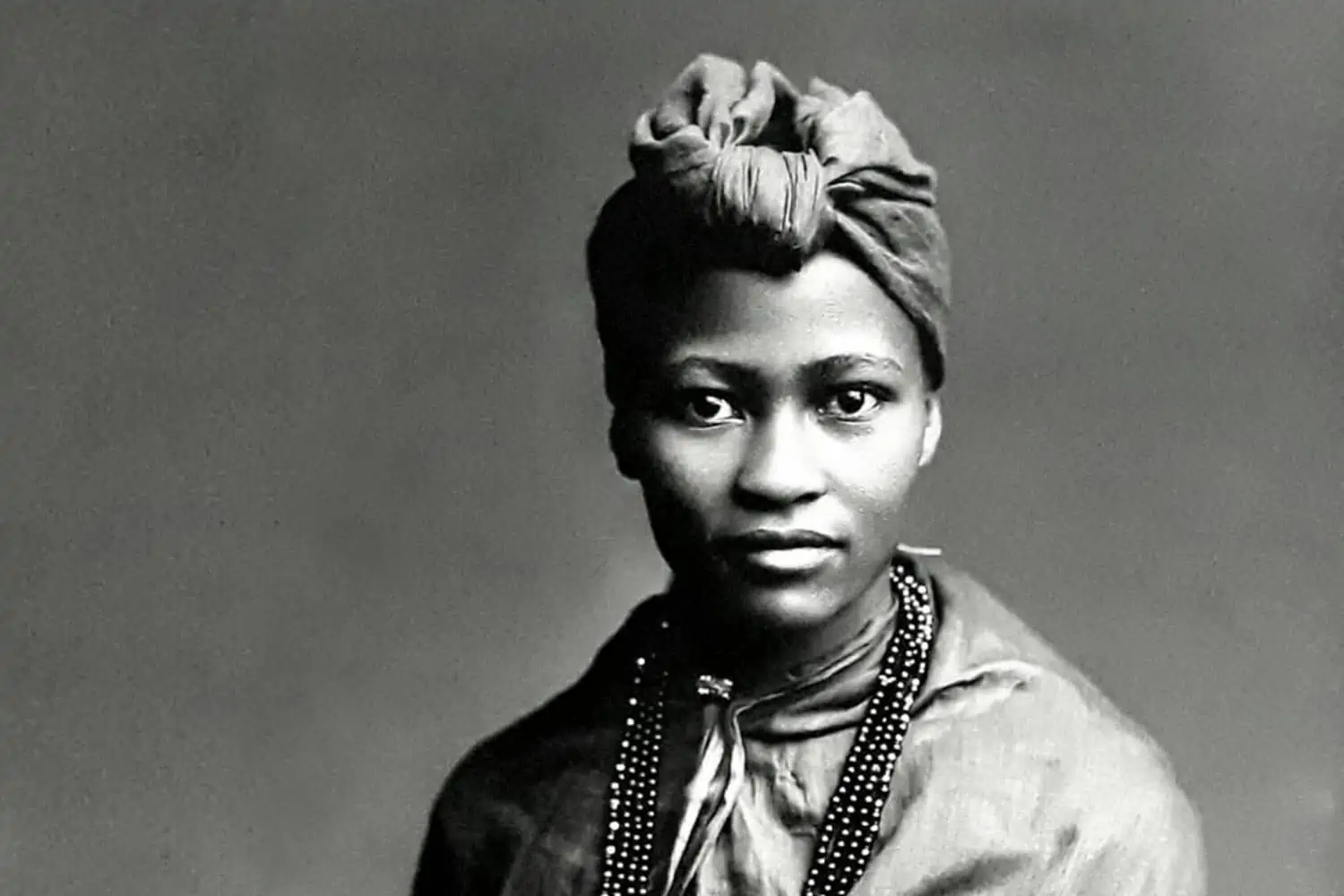
Nelson Mandela
Nelson Mandela (1918 – 2013) committed himself to the overthrow of the apartheid system after joining the ANC in 1943. Due to many of his rebellious acts, the South African government imprisoned Mandela. But in 1990, after serving a total of 27 years, President F. W. de Klerk released him due to fears of racial civil war. Following his release, Mandela and de Klerk led efforts to negotiate an end to apartheid.
All of this and more earned him the title of South Africa’s first black head of state and the first elected in a fully representative democratic election.
“Wherever South Africans are across the globe, our hearts beat as one, as we renew our common loyalty to our country and our commitment to its future.”
Nelson Mandela at the first anniversary of the 1994 elections
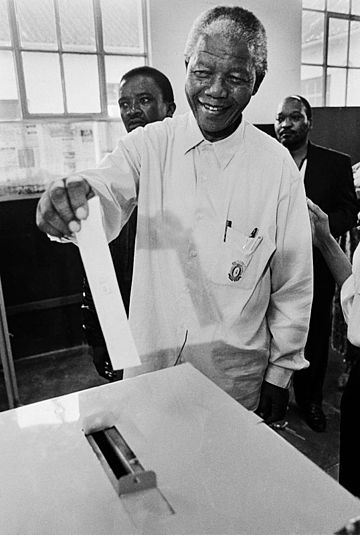
Helen Susman
Helen Suzman (1917 – 2009) was a Member of Parliament who represented the Progressive Party and fought for justice. For over a decade, Suzman was the only voice of justice for South Africa’s marginalized people.
Although she retired as an MP in 1989, Suzman continued to play a vital role in South African politics. She went on to serve as the president of the South African Institute of Race Relations from 1991 to 1993 and, in 1994, she formed part of the Independent Electoral Commission that oversaw the first democratic elections.
“It is not my questions that embarrass South Africa – it is your answers.”
Helen Suzman
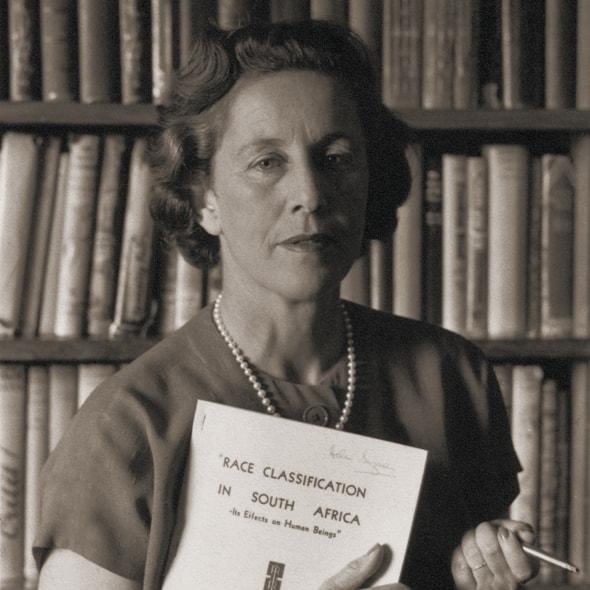
Steve Biko
Steve Biko (1946 – 1977) was an avid anti-apartheid activist and martyr, having died in hospital after a police interrogation.
Amongst many other acts, Biko helped found the Black Consciousness Movement (BCM) as a result of the Sharpeville Massacre in the late 1960s in which 69 people were killed and 180 wounded after police opened fire on marching civilians. Today we commemorate the Sharpeville events with Human Rights Day held annually on 21 March.
“It is better to die for an idea that will live, than to live for an idea that will die”
Steve Biko
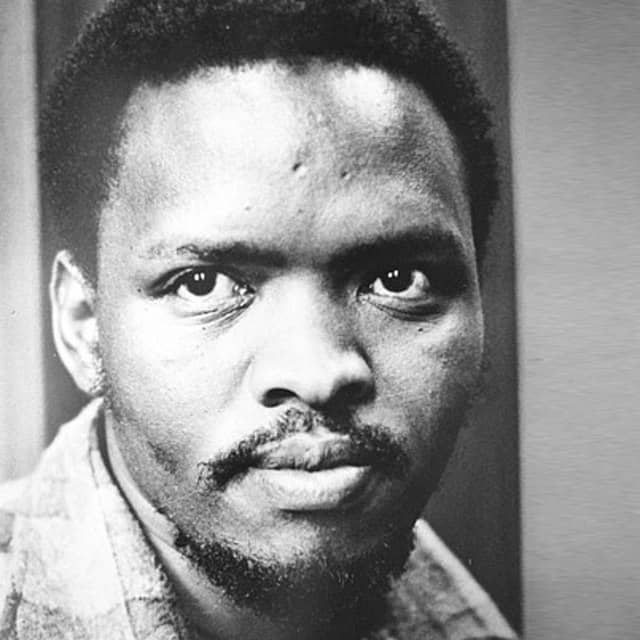
Albertina Sisulu
Albertina Sisulu (1918 – 2011) was a nurse and freedom fighter. One of her greatest battles was her fight for freedom of education, greatly opposing the Bantu education system. This system divided people by race as a means of limiting the education provided for Black people.
“We are each required to walk our own road and then stop, assess what we have learnt, and share it with others. It is only in this way that the next generation can learn from those who have walked before them.”
Albertina Sisulu
